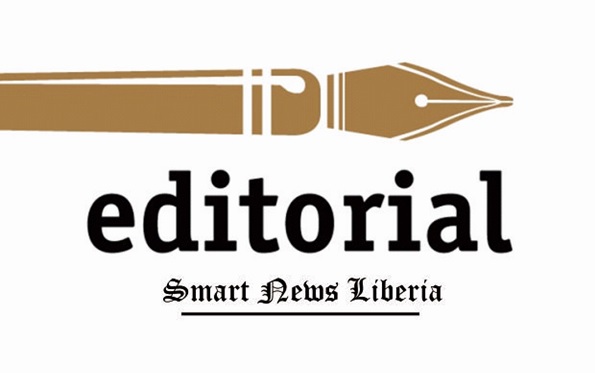President Joseph Nyuma Boakai’s address at the First Annual Presidential Media Dinner on April 10, 2025, was both reassuring and ambitious. His remarks reflected a statesman’s awareness of the delicate but essential role a free and independent press plays in nurturing Liberia’s democracy. His pledge to protect media freedom and deepen engagement with journalists deserves commendation but also critical scrutiny, particularly in a nation where the space for free expression has too often been fragile.
The President spoke with eloquence and conviction, expressing a firm commitment to press freedom, transparency, and access to information. His invocation of the Table Mountain Declaration, the Freedom of Information Act, and the Abdullah K. Abdullah Act as policy cornerstones signals an intention to go beyond rhetorical support and establish institutional frameworks that safeguard journalists’ rights and empower citizens. These references resonate well, not merely because of their legal weight, but because they represent hard-won democratic values that many journalists and civil society actors have risked their lives to defend.
President Boakai’s declaration that Liberia will have no political prisoners and no press suppression under his watch is an important assurance in a region where many governments increasingly weaponize the law against dissent. By stating that criticism is not a threat but the essence of democracy, he has positioned his administration as one that welcomes scrutiny and transparency, an admirable position that must be preserved and tested through action.
Equally commendable is his emphasis on the creation and support of the Commission on Information, a body designed to promote public access to data and hold public servants accountable. If properly funded and empowered, this institution could become a vital bridge between the government and the people, facilitating a culture of openness that extends far beyond the executive branch.
The growth in the number of media outlets since Boakai took office is another positive indicator. It suggests a political climate where journalists feel more secure in their work and more emboldened to ask tough questions. The President’s administration should take pride in this outcome, as it reflects not only political tolerance but also a growing public appetite for diverse perspectives and factual reporting.
But for all the affirming language and progressive signals, the speech must also be read with the lens of cautious optimism. Liberia’s media sector continues to face structural and political challenges. Misinformation, under-resourced newsrooms, threats against journalists, particularly in rural counties, and subtle pressures from political actors all remain urgent issues. A sincere pledge from the presidency is a starting point, but the health of Liberia’s press will ultimately be measured by how these challenges are addressed in real time.
Moreover, the government must be careful not to confuse increased media registration with genuine media freedom. Quantity does not always equal quality. Without policies that foster journalistic independence, ethical training, and fair access to information across all counties, the expansion of media outlets can become a veneer for progress rather than a reflection of it.
To truly honor the spirit of this speech, the Boakai administration must now focus on implementation. Laws must be enforced without bias, access to public information must be standardized across government ministries, and journalists must feel protected not just in Monrovia but in all counties. The president’s words will only carry weight if provincial reporters can write without fear, if whistleblowers can speak without reprisal, and if media owners are not pressured to toe political lines.
This moment presents an opportunity to reset the relationship between government and the press, not as adversaries but as co-stewards of Liberia’s fragile democracy. A free media challenges power, yes, but it also enriches governance. By holding leaders accountable, the press forces better decision-making. By spotlighting public needs, it drives attention to underserved communities. By telling the truth, it uplifts national consciousness.
President Boakai has offered a hand of partnership. The press, in turn, must respond with vigilance, independence, and integrity. But above all, it is the President himself who must ensure that the policies, laws, and protections he referenced do not gather dust in official archives, but become lived realities for every journalist in Liberia.
The media dinner was a symbolic night of celebration, and rightly so. But the future of Liberia’s media environment will depend not on toasts, but on tough decisions, transparent governance, and an unwavering respect for the role of the fourth estate. If the President’s promises are matched by principled action, then April 10, 2025, may very well be remembered as a turning point in the enduring struggle to preserve press freedom in Liberia.







